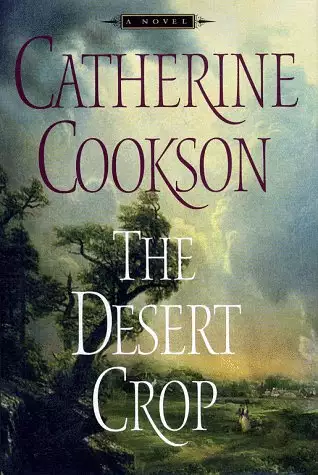Chapter 1 her. Mother taught me my tables when I was four. As for being able to tell the time and count up to a hundred, and reading, I can't even remember learning those things. Mother was so advanced in her knowledge. But that school! Huh!'
We hope you are enjoying the book so far. To continue reading...
Desert Crop
Catherine Cookson
Copyright © 2026 All Rights Reserved
Close
